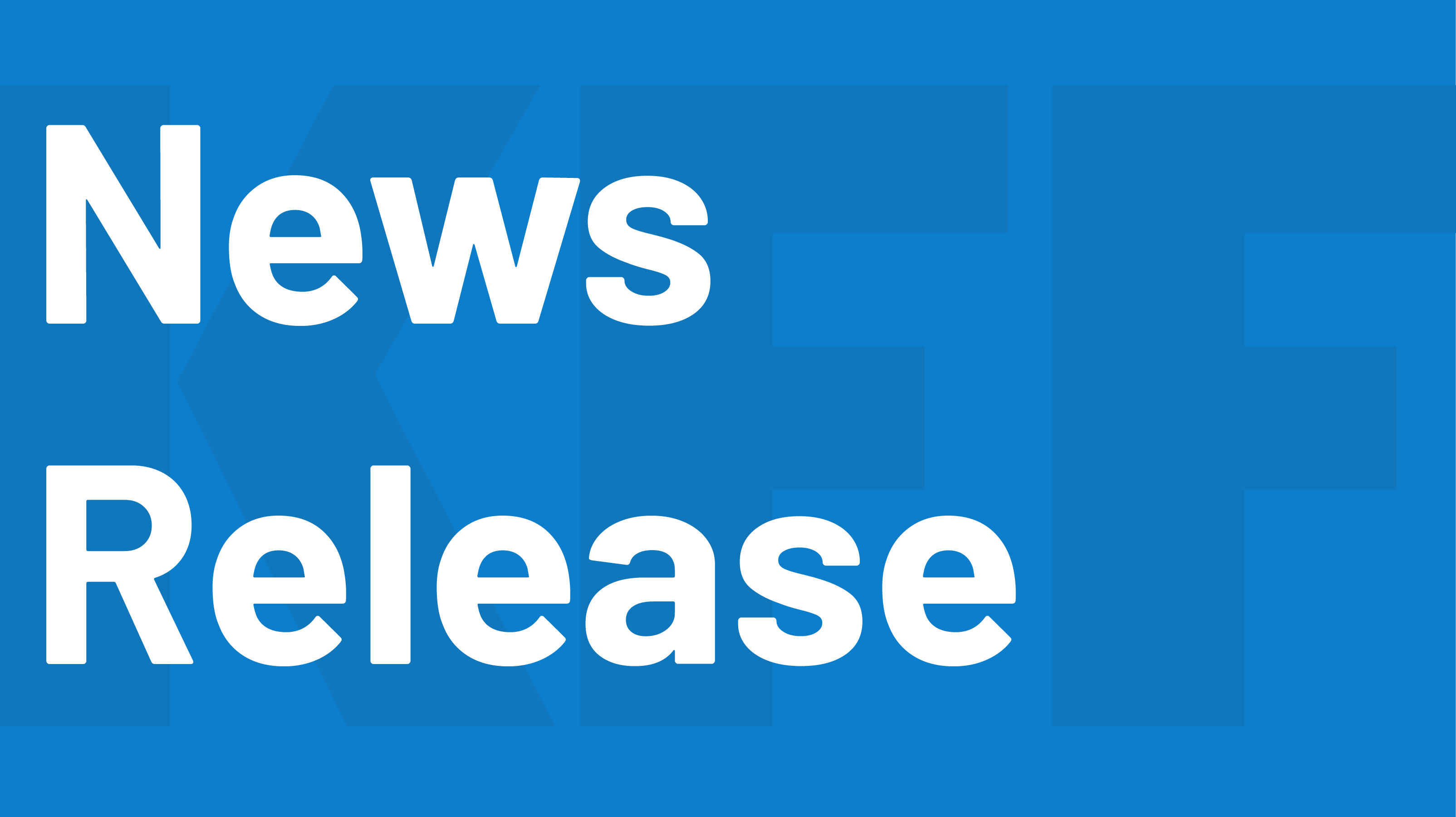Less than a week after a new federal mandate to cover such products took effect, about half of the nation’s largest private insurers allow enrollees to directly obtain rapid at-home COVID-19 tests from specific sources without having to pay anything upfront, a new KFF analysis finds.
The new coverage requirement took effect Jan. 15, just five days after the Biden administration released detailed guidance about implementing the new requirements originally announced on Dec. 2..
The analysis examines how the 13 private insurers with at least a million enrollees are currently implementing the requirement, including how enrollees can obtain tests, submit claims and get reimbursed. These insurers collectively cover more than half of all people covered in the fully insured commercial market.
Key findings include:
- Seven of the insurers – Anthem, Blue Cross Blue Shield of Michigan, Blue Shield of California, Care First, Cigna, CVS Group/Aetna, and Kaiser Permanente – currently require enrollees to pay for their tests upfront and seek reimbursement. Their reimbursement policies vary, with some requiring mail-in forms, some allowing online submissions. Three require claims to include the product’s barcode.
- Six of the insurers- Blue Cross Blue Shield of North Carolina, Centene/Ambetter, Guidewell (Florida Blue), Health Care Service Corporation, Humana, and United Health Group– allow enrollees to obtain rapid tests directly from an in-network or preferred pharmacy without having to pay anything up front. A seventh – Kaiser Permanente – indicates that they plan to offer such an option in the future. These insurers generally limit reimbursements for tests purchased elsewhere to $12 per test.
A separate brief examines how states are implementing Medicaid’s requirements to cover rapid at-home tests at no cost to enrollees, as required by the American Rescue Plan of 2021.

